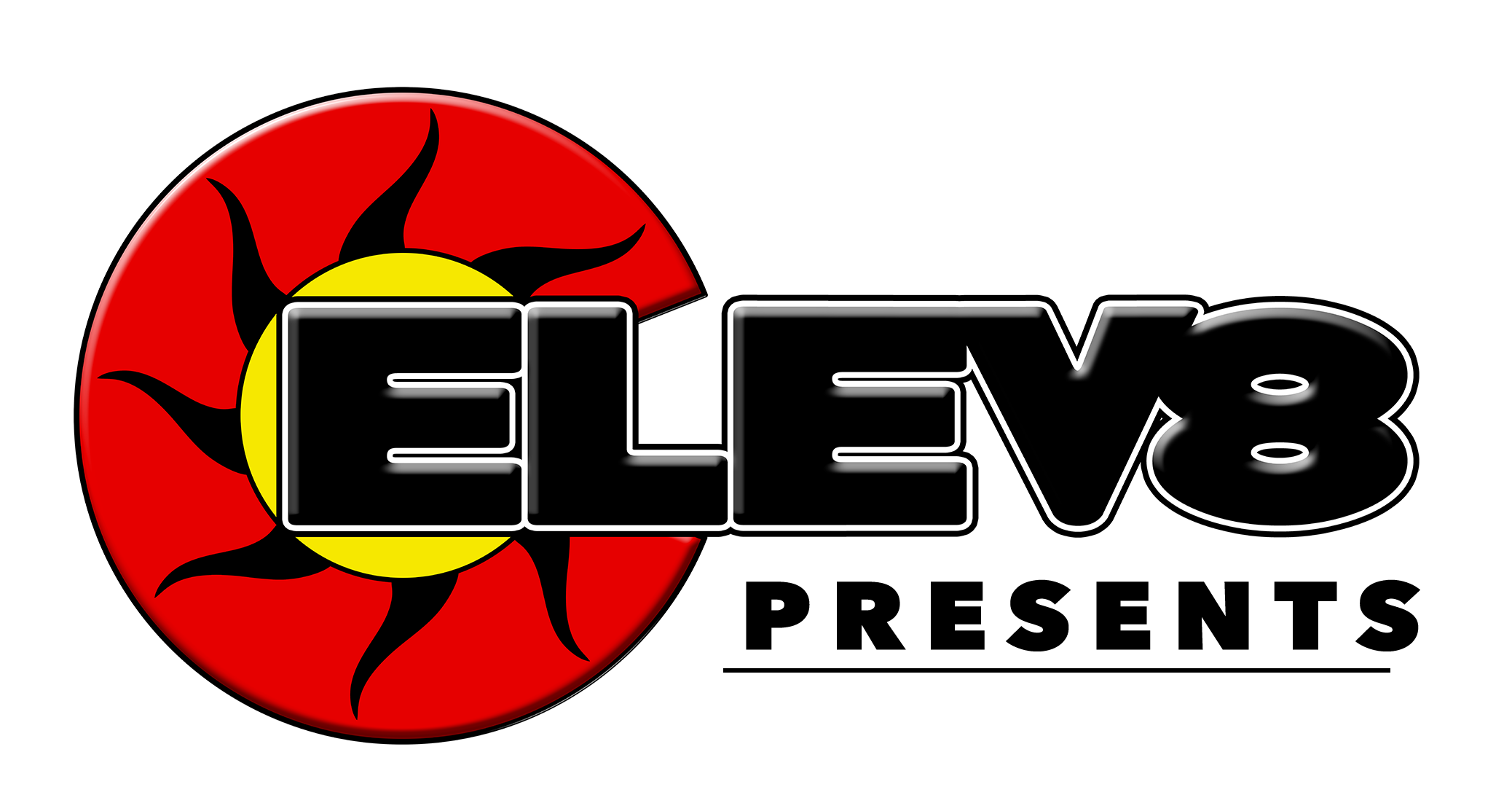Can Cannabitriolvarin Treat Epilepsy?

The consumption of medical marijuana is contentious. This cause clinical practitioners to get caught between a rock and hard place since the federal government hasn’t deemed marijuana legal. The unique plant is still considered as the Schedule I drug.
In fact, it has no accepted medical use than just high potential abuse. But there are some states that have enacted several bills authorizing professional prescribers to offer marijuana-based products. Even in some states of the U.S, some doctors are openly recommending marijuana to cancer patients and their families.
Speaking of which, organizations like American Epilepsy Society – AES, American Academy of Neurology – AAN, Epilepsy Foundation have issued position statements asking for more research on the consumption of marijuana-based products.
History of Epilepsy and Cannabis Plant
Marijuana is the slang name for the plant cannabis sativa. Cannabis contains hundreds of compounds that hold distinctive medical uses. In fact, there are more than 60 unique pharmacologically active compounds that are known as a cannabinoid.
One of the newly identified cannabinoids is Cannabitriols and one of its identified compounds is Cannabitriolvarin.
Until now we have very little information about the Cannabitriols. We know that it is similar to THC or CBD but its unique properties are yet to be discovered. For the same reason, we still have no specific information about the compound – Cannabitriolvarin – CBTV.
While THC is thought to have major psychoactive components, there are other cannabinoid compounds like Cannabidiol and Cannabinol that are known to have therapeutic benefits in a range of neurologic conditions like epilepsy.
However, we cannot yet claim that Cannabitriolvarin would also contain any such medical benefits. We cannot say that CBTV or newly discovered Cannabitriols would also show promising results in the treatment of epilepsy.
But there are some historical data that dates back to 1800s along with some small number of studies, laboratory data and anecdotal reports supporting the CBD used to control seizures. Also, public pressure and social media have also sparked renewed interest in CBD use for refractory epilepsy. Obstacles and safety issues relevant to cannabis-based treatment to treat epilepsy were recently highlighted by Drs. Devinsky and Friedman in the New England Journal of Medicine article.
The major reason why cannabinoids like Cannabitriolvarin – CBTV still lacks information is the ongoing issue of the marijuana legalization. This limits the research work and there is a slow progress in terms of discovering the therapeutic effects of these cannabinoids.
Filling the Information Gaps
We have huge research gaps when it comes to medical marijuana to treat epilepsy. We can only hope for now that such conducted trials will continue and help in closing these knowledge gaps. If we continue the research studies and clinical trials this would also help in improving our knowledge.
It will also guide us in the understanding of the dosing, efficacy, drug to drug interaction, safety, side effects and even the long-term effects of cannabis or marijuana, especially with regards to growing brain.






